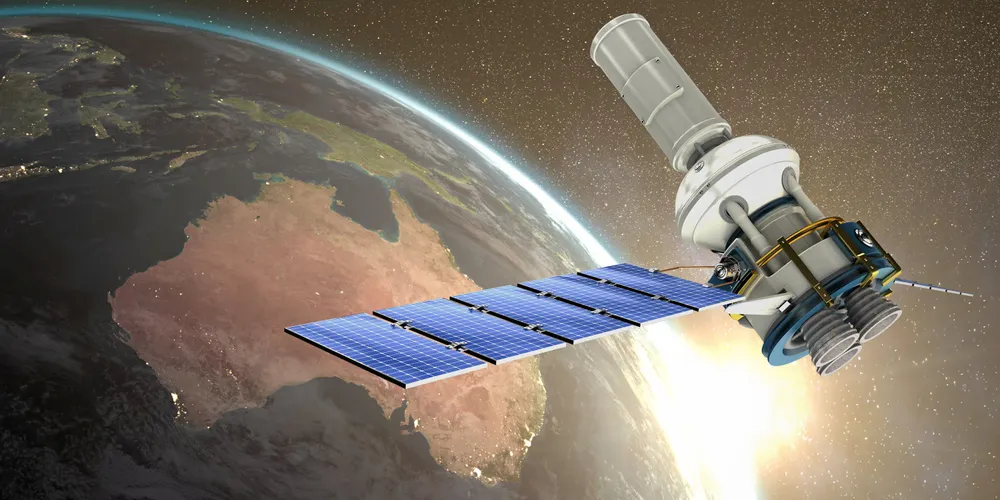Beam me down: UK millions for space-based solar as Cambridge scientists join push
Plan to send gigawatt-scale streams of energy to antennae on earth with academics and companies in line for government funding

Plan to send gigawatt-scale streams of energy to antennae on earth with academics and companies in line for government funding
